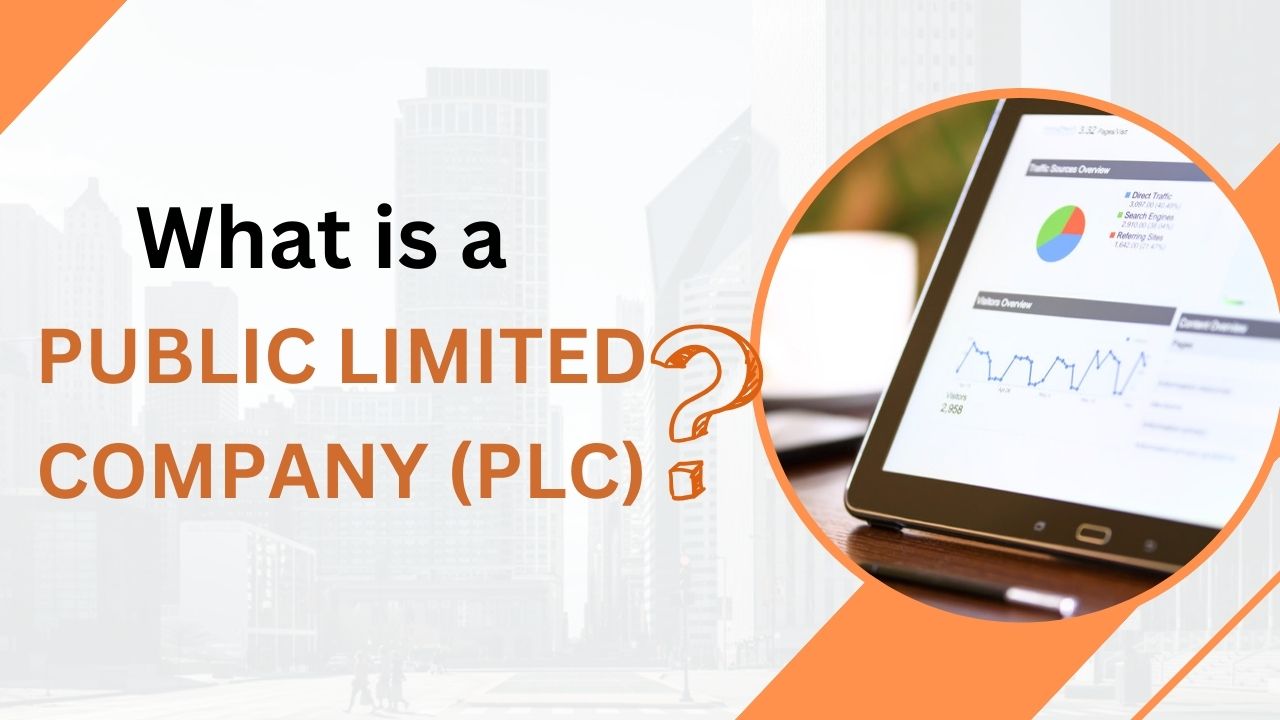
Understanding Public Limited Companies (PLCs)
A Public Limited Company (PLC) is a business entity incorporated under the legal framework of a specific jurisdiction.
PLCs have some key features that set them apart:
1) Public Ownership: PLCs are owned by many shareholders, including individuals, institutions, and other companies.
2) Limited Liability: Shareholders of a PLC have limited liability, meaning their personal assets are protected from the company's debts.
3) Capital Raising: PLCs can raise substantial capital by issuing shares to the public. They can do this through initial public offerings (IPOs) and subsequent secondary offerings on stock exchanges.
4) Regulatory Compliance: PLCs have more extensive regulatory requirements and reporting obligations. They must comply with financial reporting, disclosure, and corporate governance regulations.
5) Transparency: Due to their public ownership, PLCs are required to provide transparency in their operations and financial reporting. They often publish annual reports, financial statements, and other disclosures.
6) Separate Legal Entity: PLCs are treated as separate legal entities from their shareholders. They can enter into contracts, own assets, and incur liabilities in their own name.
7) Shareholder Democracy: Shareholders in PLCs have the right to vote on significant corporate matters, such as appointing directors and mergers and acquisitions.
8) Regulatory Oversight: PLCs are usually regulated by government agencies or regulatory bodies to ensure compliance with securities and corporate laws.
9) Stock Exchange Listing: Many PLCs choose to list their shares on stock exchanges, providing liquidity to shareholders and access to capital markets for fundraising.
10) Corporate Governance: PLCs often adhere to corporate governance practices, including having an independent board of directors and internal controls to protect shareholder interests.
© 2020 CREDENCE CORPORATE SOLUTIONS PVT. LTD. | Website by Wits Digtal Pvt. Ltd.
Leave a Comment